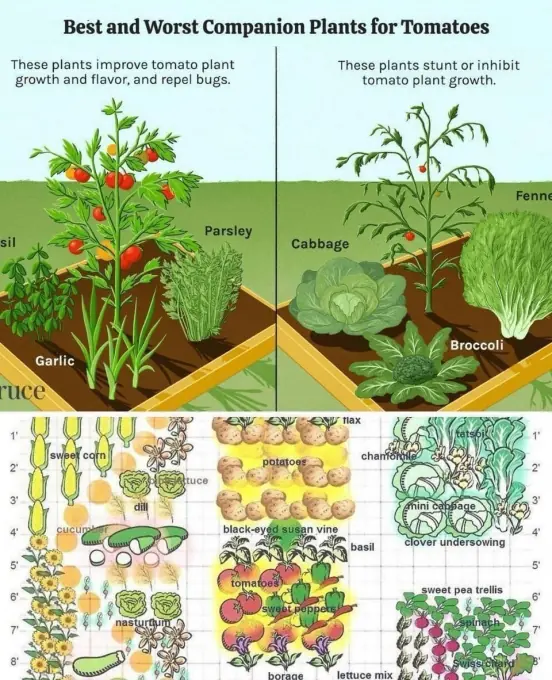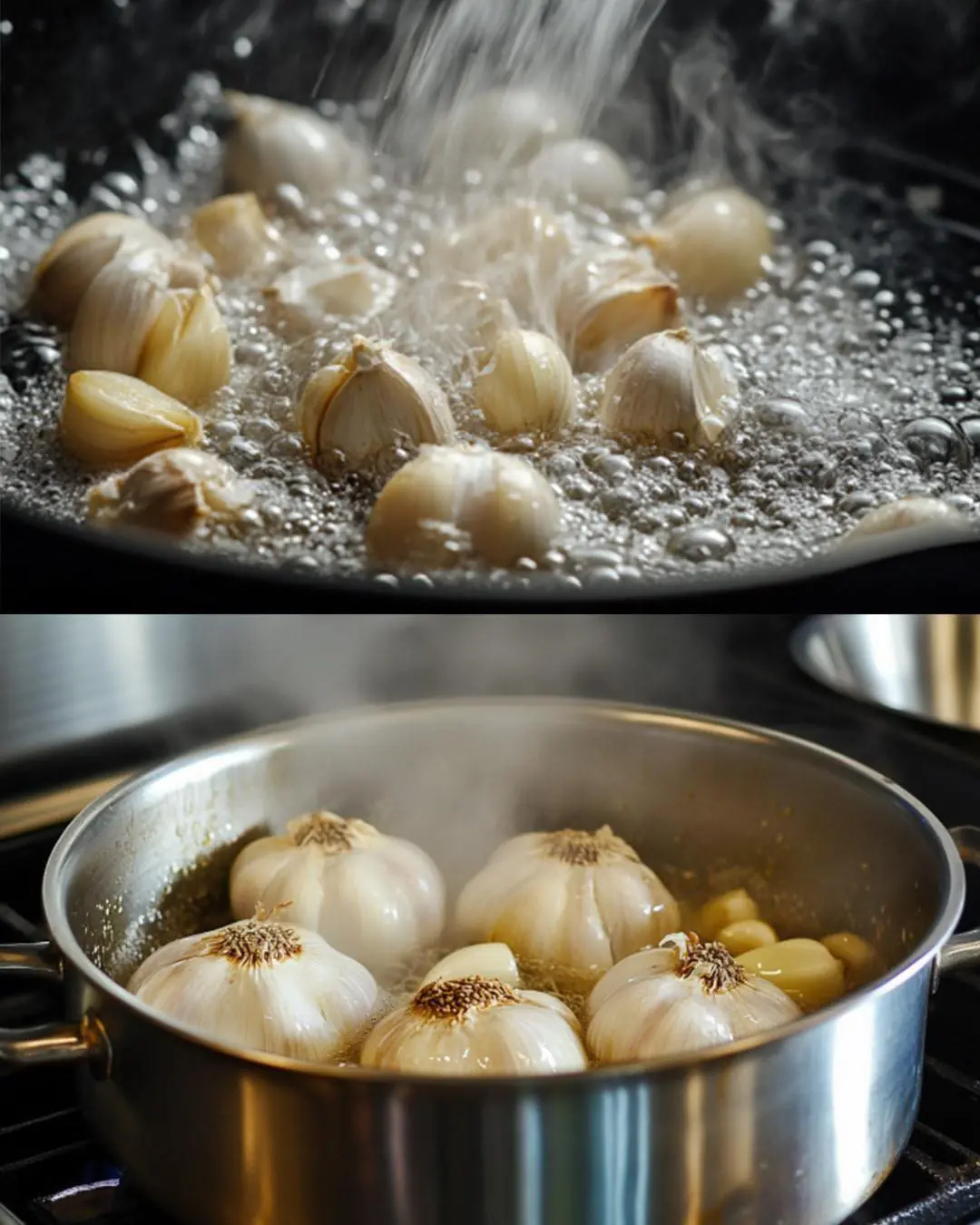
Home Tips 23/02/2025 20:47
The Secrets of Companion Planting: Why Tomatoes and Cucumbers Don’t Get Along
News in the same category

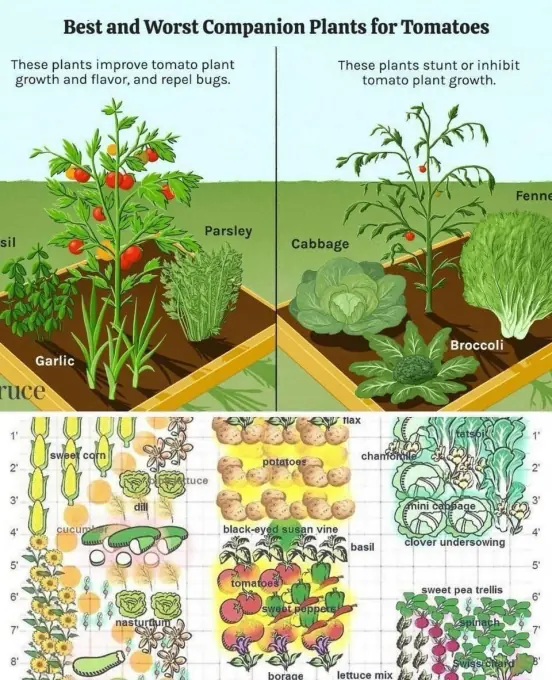
The Secrets of Companion Planting: Why Tomatoes and Cucumbers Don’t Get Along

How to Cut Your Winter Electricity Bill by 30% – Smart Savings for Every Household
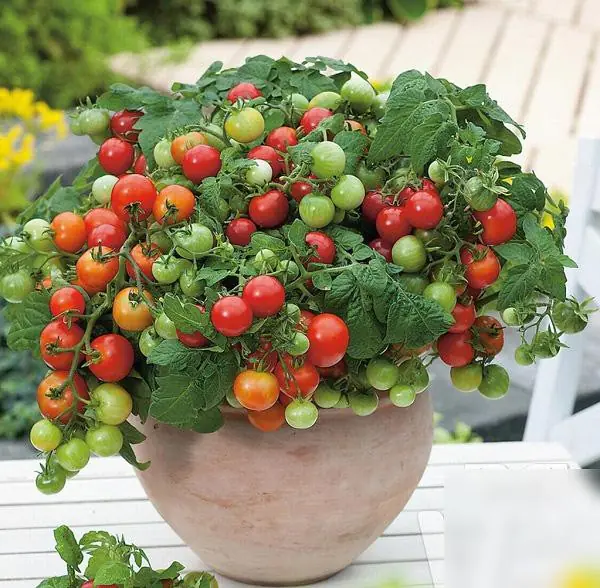
How to Grow Tomatoes at Home in Pots
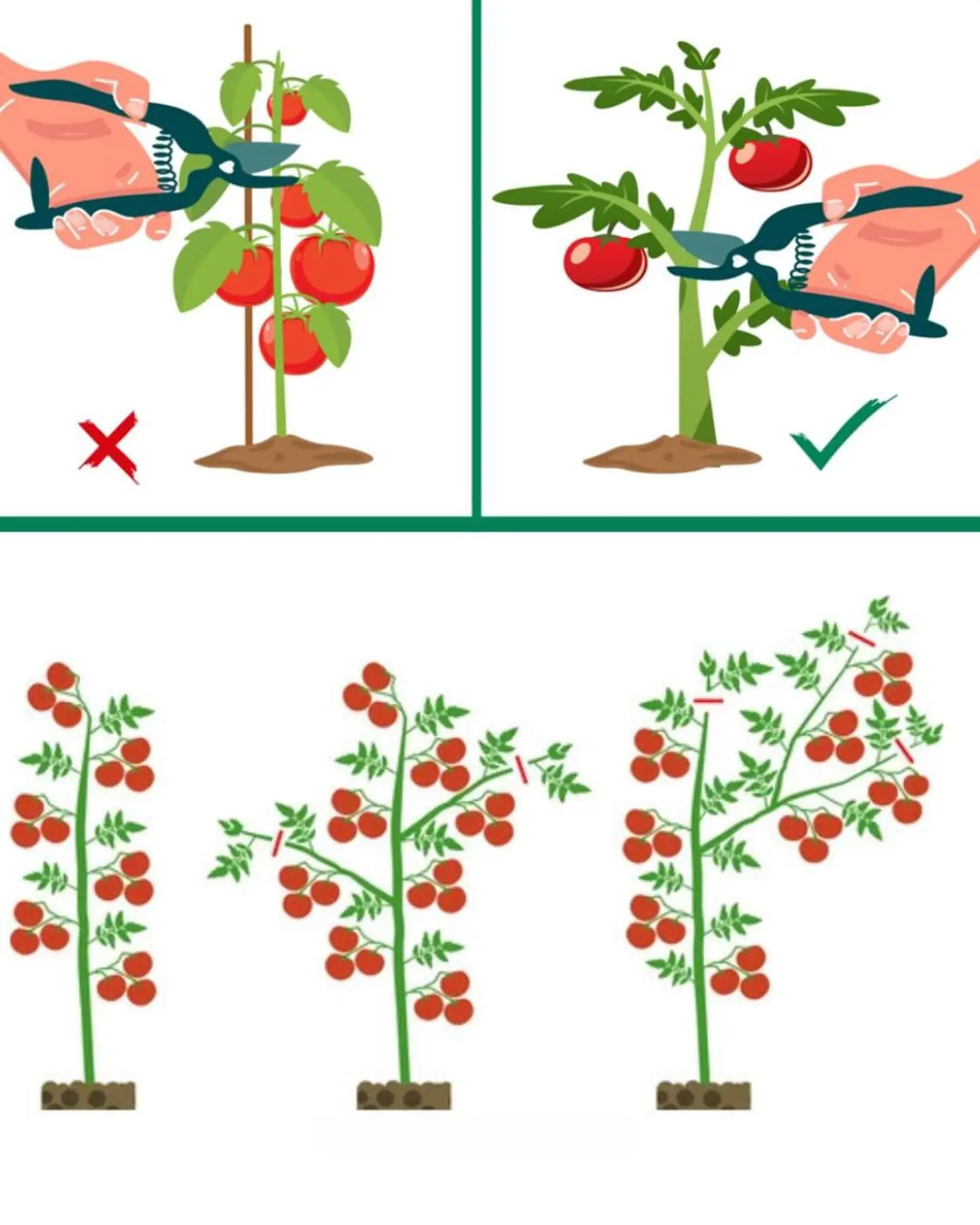
Essential Tomato Pruning Tips for Healthier Plants and Better Fruit 🍅✂️
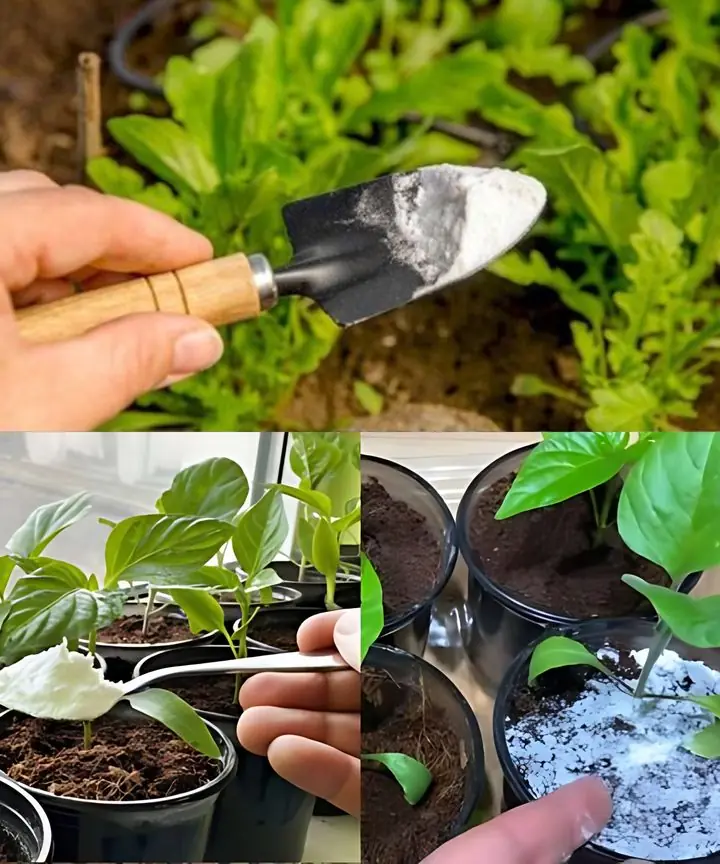
Baking soda is a gardener's best friend: here are 10 ingenious uses for it in the garden
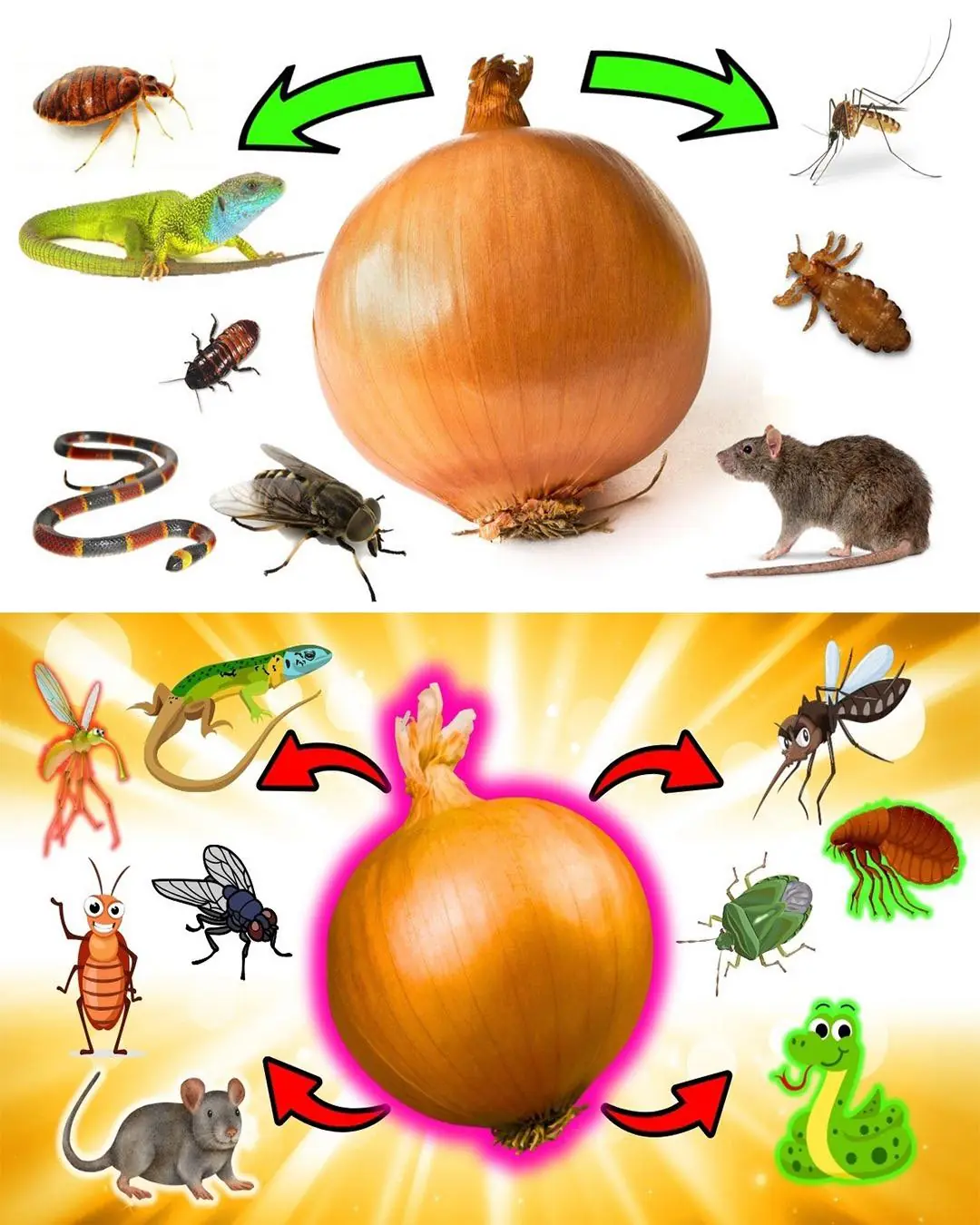
How to Use Onion to Get Rid of Pests: Mice, Flies, Lice, Cockroaches, Lizards, Mosquitoes, and Kitchen Pests...🐀🦟🪳🪰 💬👀
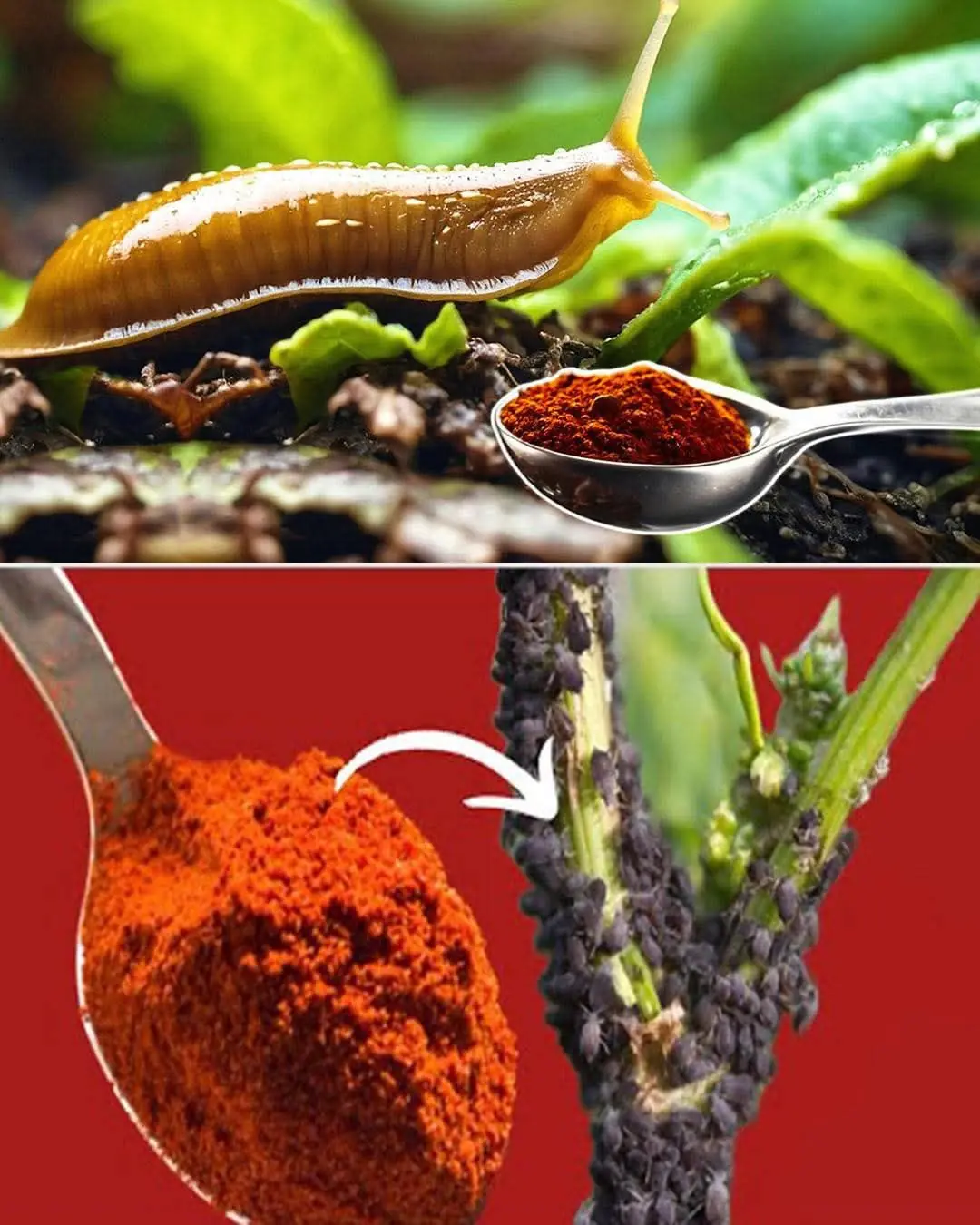
The Strongest Natural Insecticide: Say Goodbye to Aphids, Snails & Slugs Instantly!
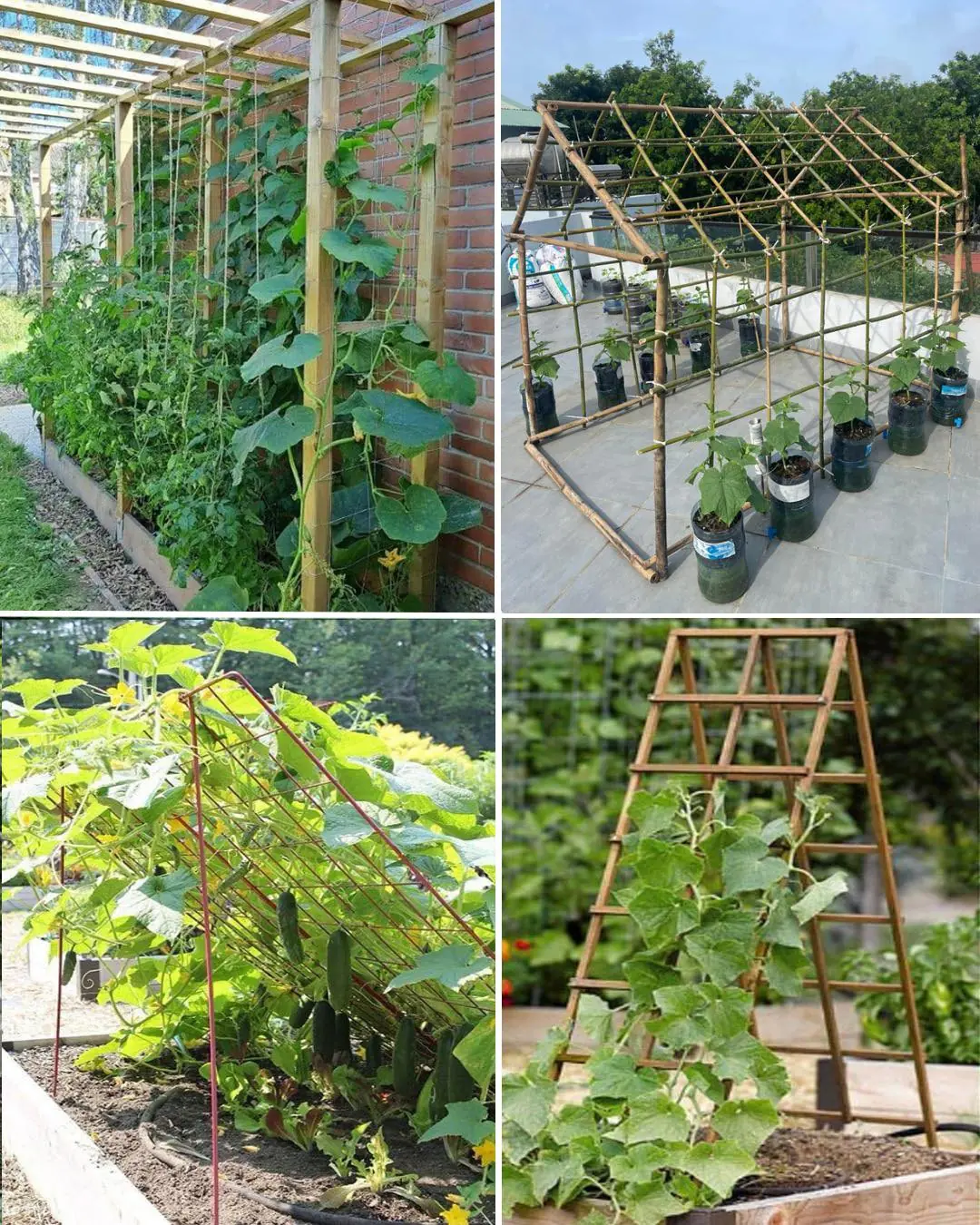
9 Cucumber Trellis & Support Ideas for a Bigger Harvest
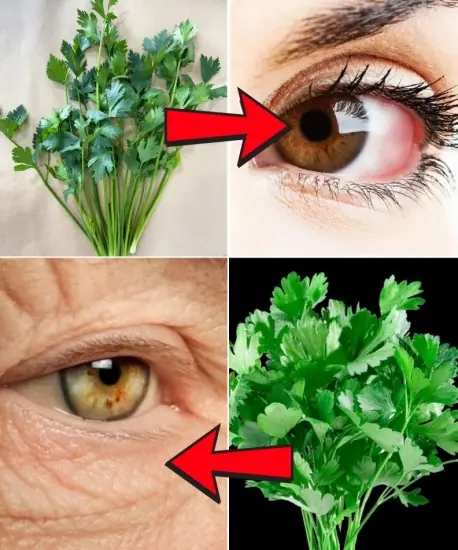
Enhance Your Vision Naturally with Parsley Juice
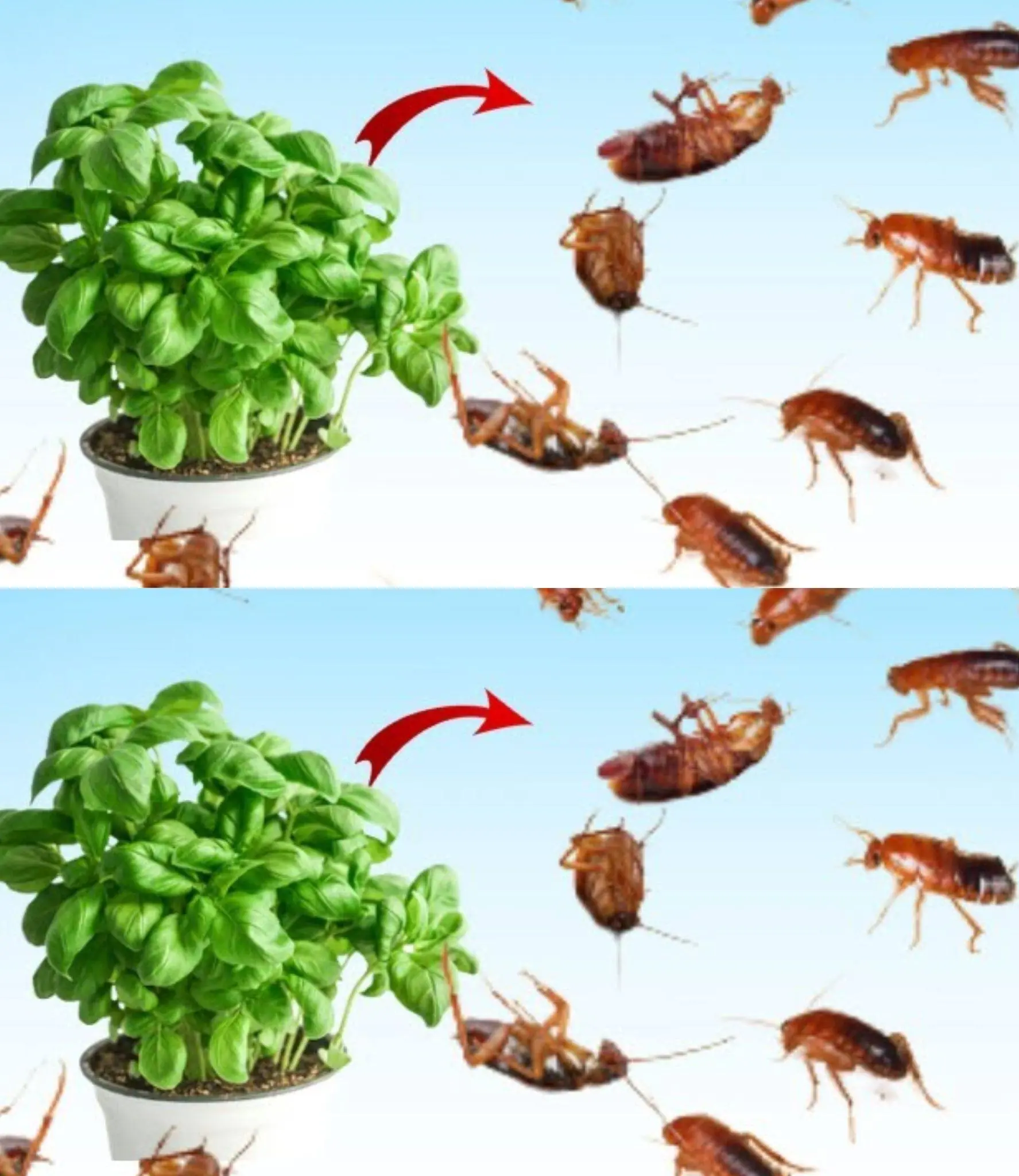
Put this for 1 hour in your house, you will never see flies, mosquitoes or cockroaches again.

Mix Vaseline with Lemon and See the Amazing Results!
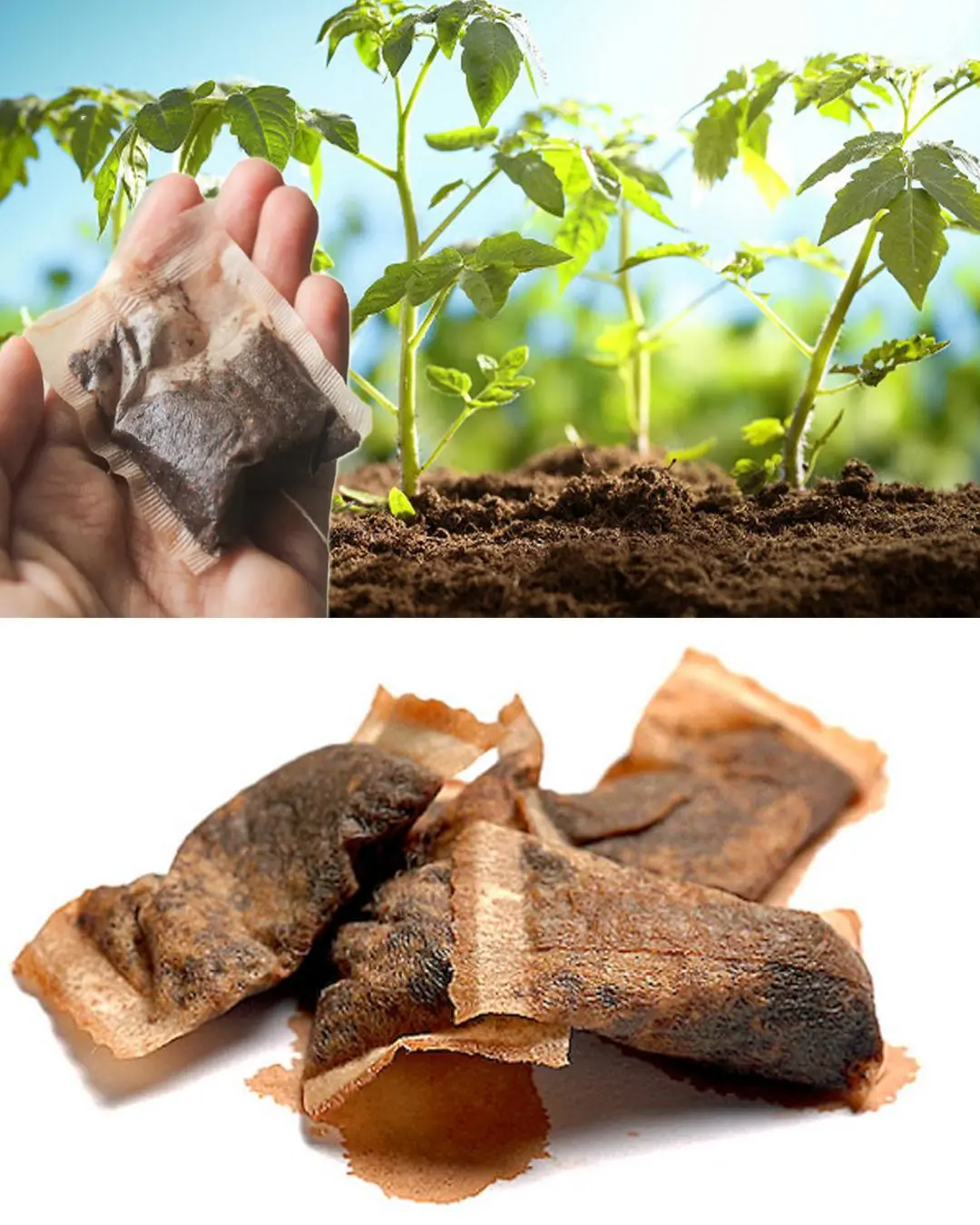
Never Plant Peppers, Tomatoes, or Other Vegetables Without This Simple Trick—It Actually Works!

Blueberries: With This Simple Trick, You Can Grow Them at Home Nonstop

How to grow the cherry tree at home starting from the fruit: all the secrets
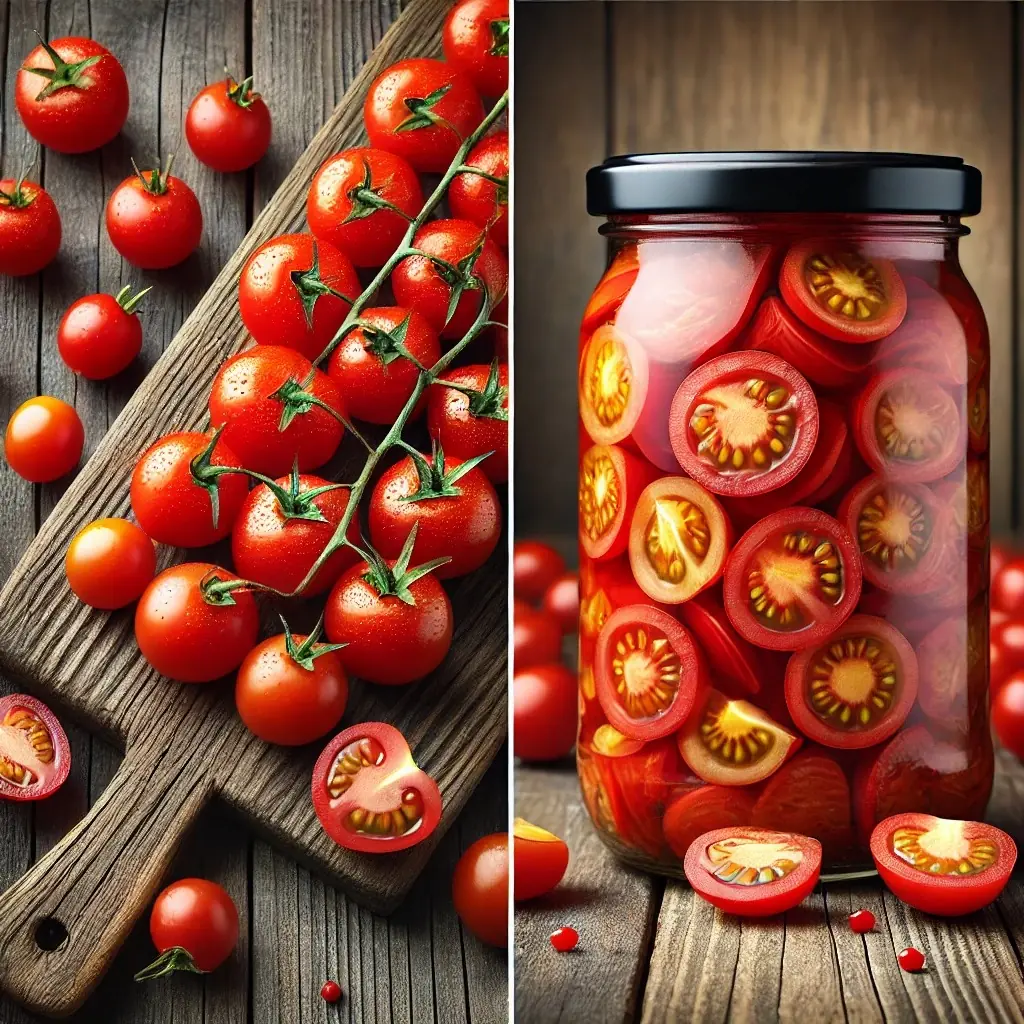
Fresh tomatoes for 2 years, no vinegar needed: the infallible method to make them last that long

Did you know this trick to clean your oven in a flash and without effort?

House invaded by cockroaches , how to clean the floor to eliminate them immediately
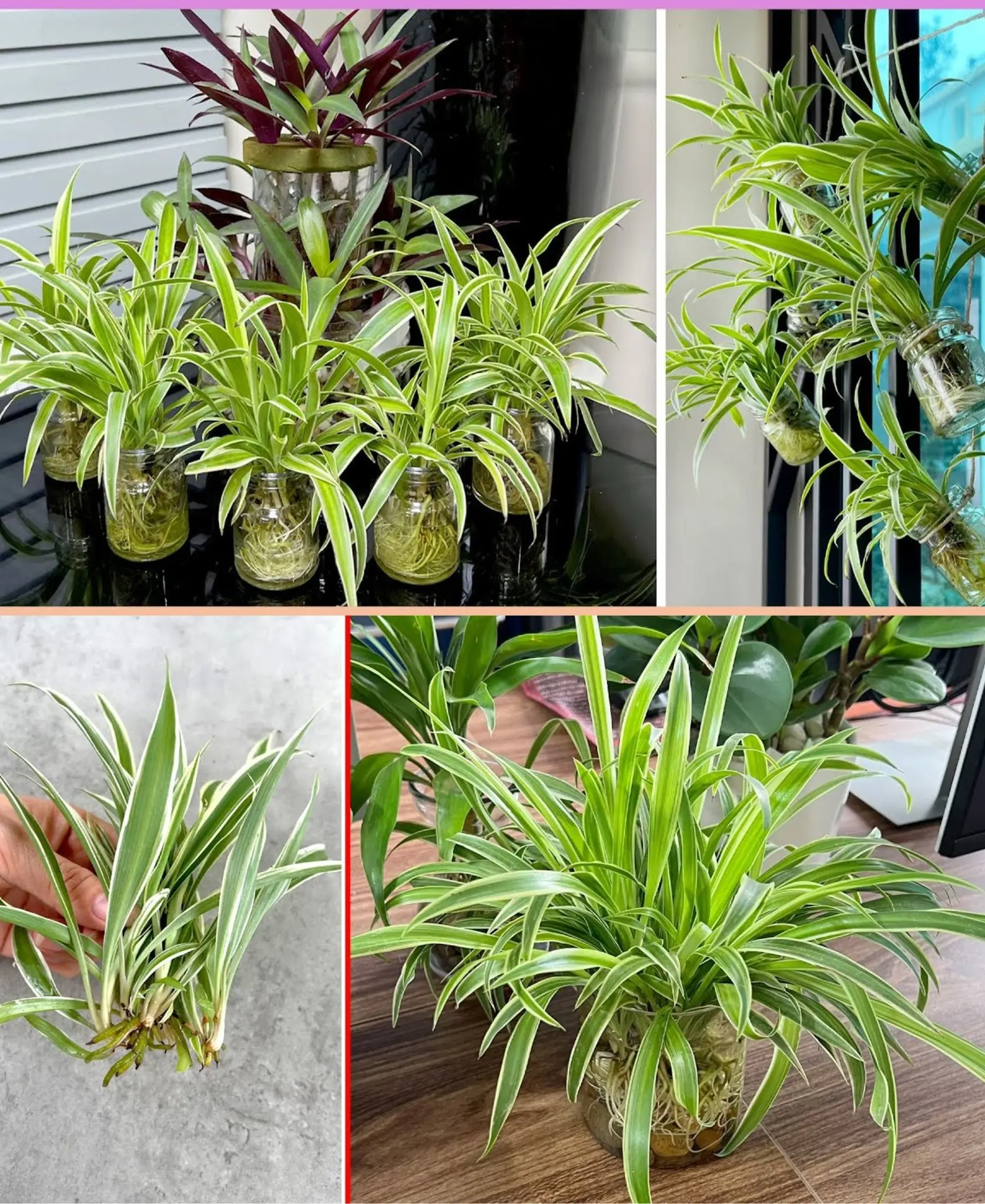
If you own this plant you are lucky: here’s why it’s worth its weight in the home
News Post
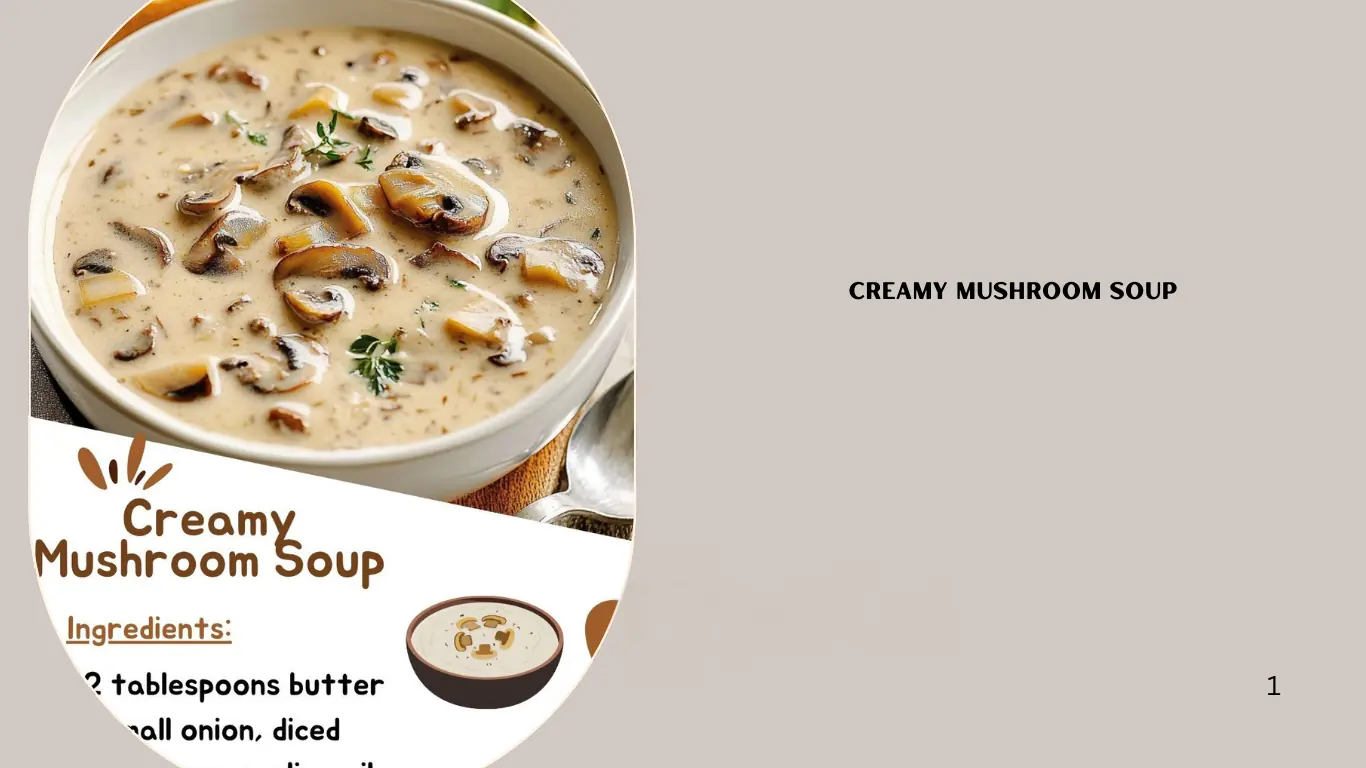
Creamy Mushroom Soup 🍄🥣✨
Food 23/02/2025 23:00

Easy Chicken Tortilla Soup 🍲🌮
Food 23/02/2025 22:56

10 Incredible Health Benefits of Eating Sesame Seeds Daily – A Teaspoon a Day Can Transform Your Health!
Healthy 23/02/2025 22:52

Boil 5 Cloves of Garlic in a Pan: A Natural Insecticide Solution for Your Garden 🌿🧄
Home Tips 23/02/2025 22:43
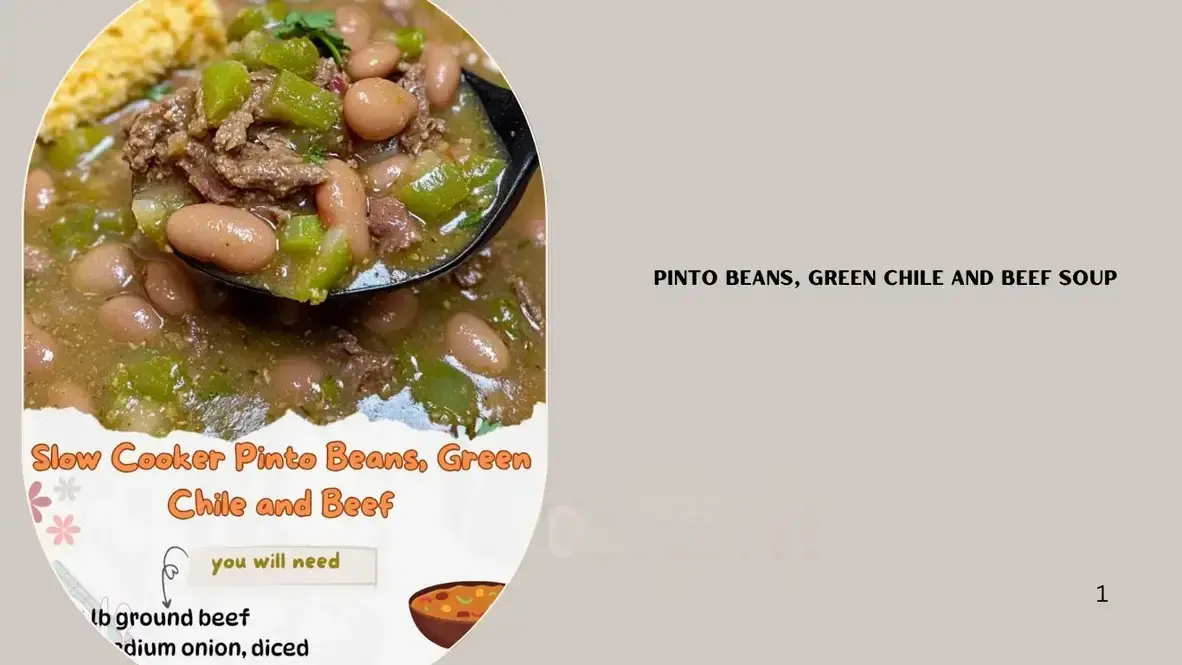
Pinto Beans, Green Chile and Beef soup
Food 23/02/2025 22:11
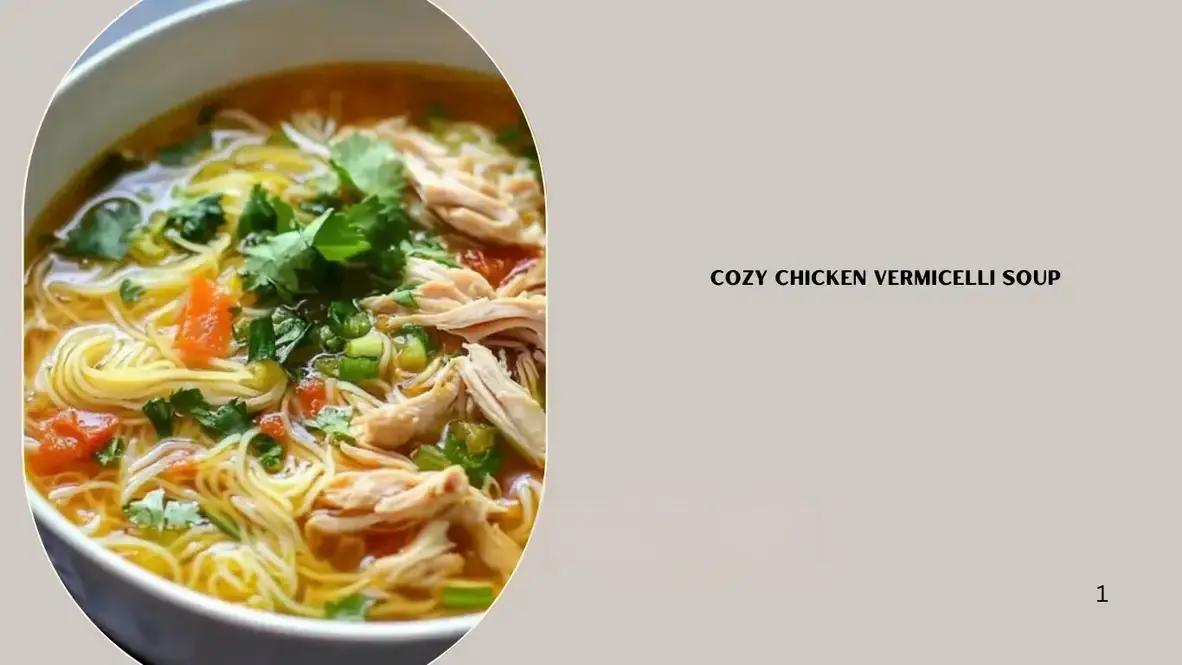
Cozy Chicken Vermicelli Soup Delight 🍜🥣
Food 23/02/2025 22:04

15 Breathtaking Natural Wonders of the USA – Must-Visit Destinations
Travel 23/02/2025 22:00
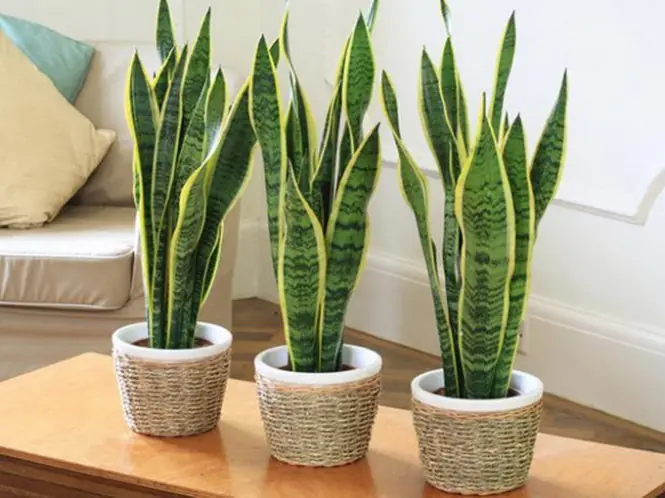
10 Easy-to-Grow Houseplants – Bring Greenery and Fresh Air Into Your Home
Garden 23/02/2025 21:36

Rise in Cancer Under 45: The Ultra-Processed Food Connection
Healthy 23/02/2025 21:05
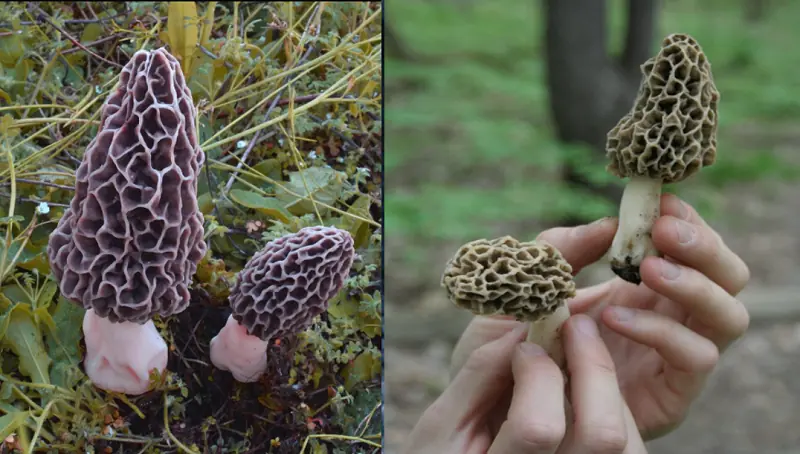
The Ultimate Guide to Morel Mushrooms: Foraging, Cooking, and Health Benefits
Healthy 23/02/2025 20:59
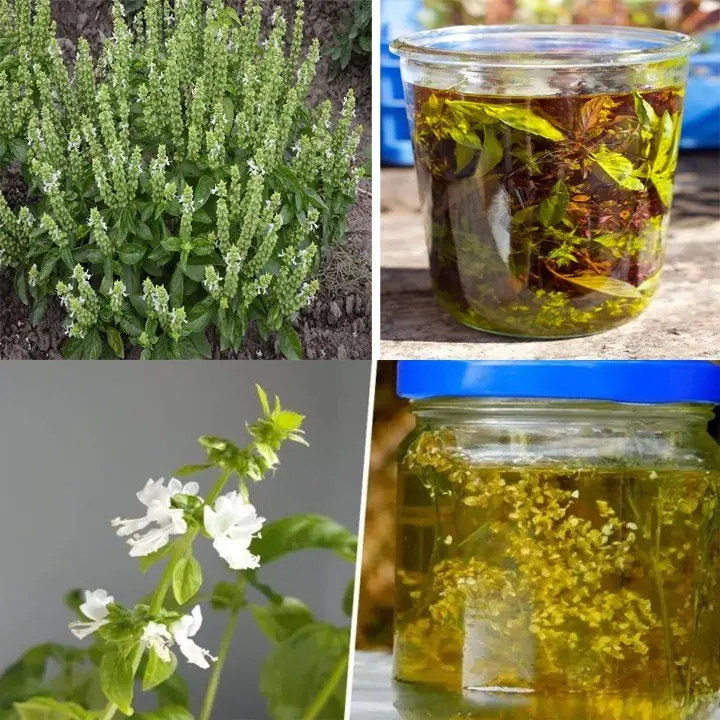
Never Throw Away Basil Flowers: 5 Incredible Ways to Use Them
Healthy 23/02/2025 20:57
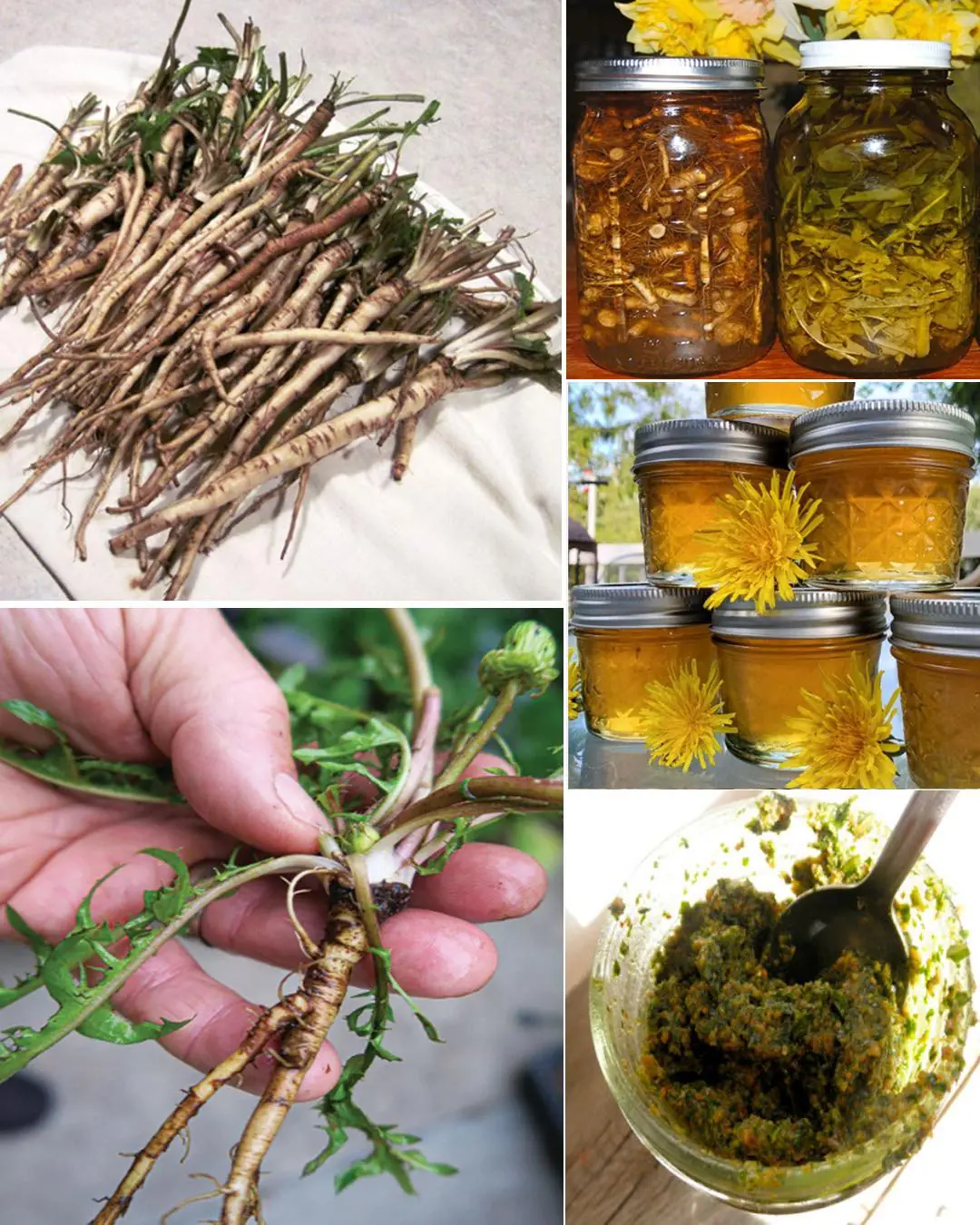
11 Powerful Health Benefits of Dandelion Roots
Healthy 23/02/2025 20:52

How to Cut Your Winter Electricity Bill by 30% – Smart Savings for Every Household
Home Tips 23/02/2025 20:06
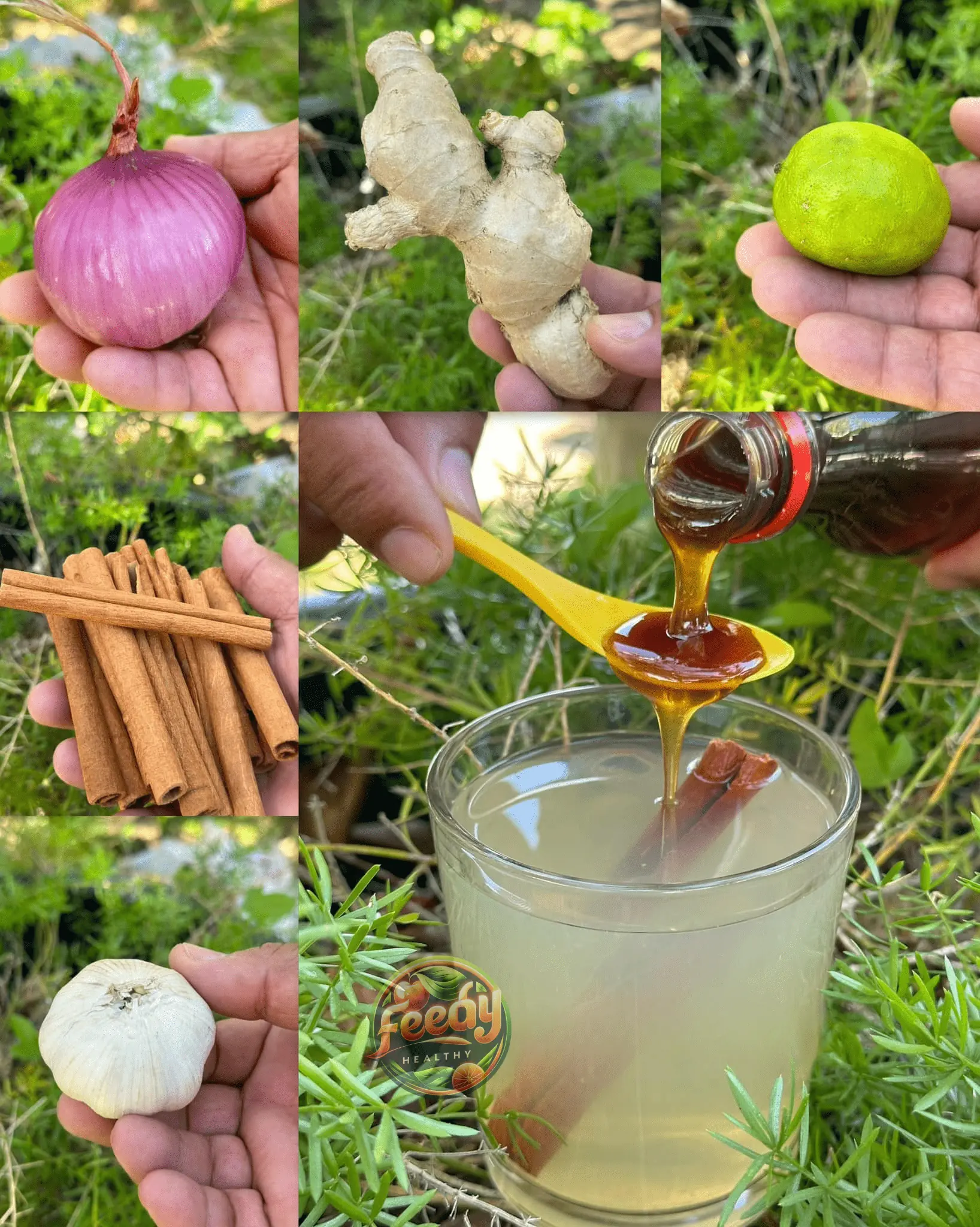
Eliminate Dry Cough, Lung Phlegm, and Sore Throat Naturally
Healthy 23/02/2025 20:00

The Ultimate Morning & After-Meal Tea: A Health-Boosting Blend
Healthy 23/02/2025 19:56

What Kind of Hypertension Is the Most Dangerous? Doctor’s Reminder: Pay Attention to These Three Types – Which One Do You Belong To?
Health News 23/02/2025 19:35
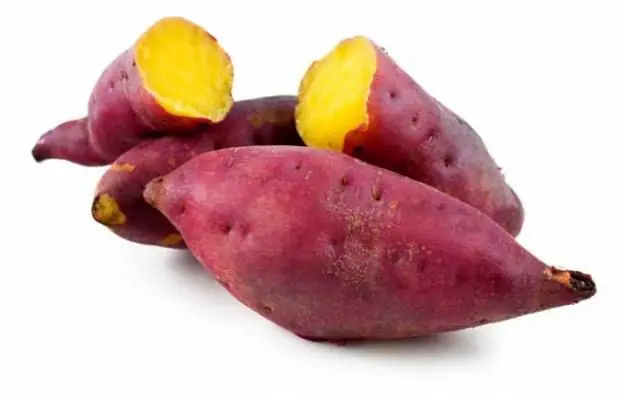
Sweet Potatoes: The Delicious Superfood You Need in Your Diet! 🍠💪
Healthy 23/02/2025 19:00

4 Types of Medications That Should Not Be Taken Frequently: They Weaken the Immune System
Medicine 23/02/2025 19:00
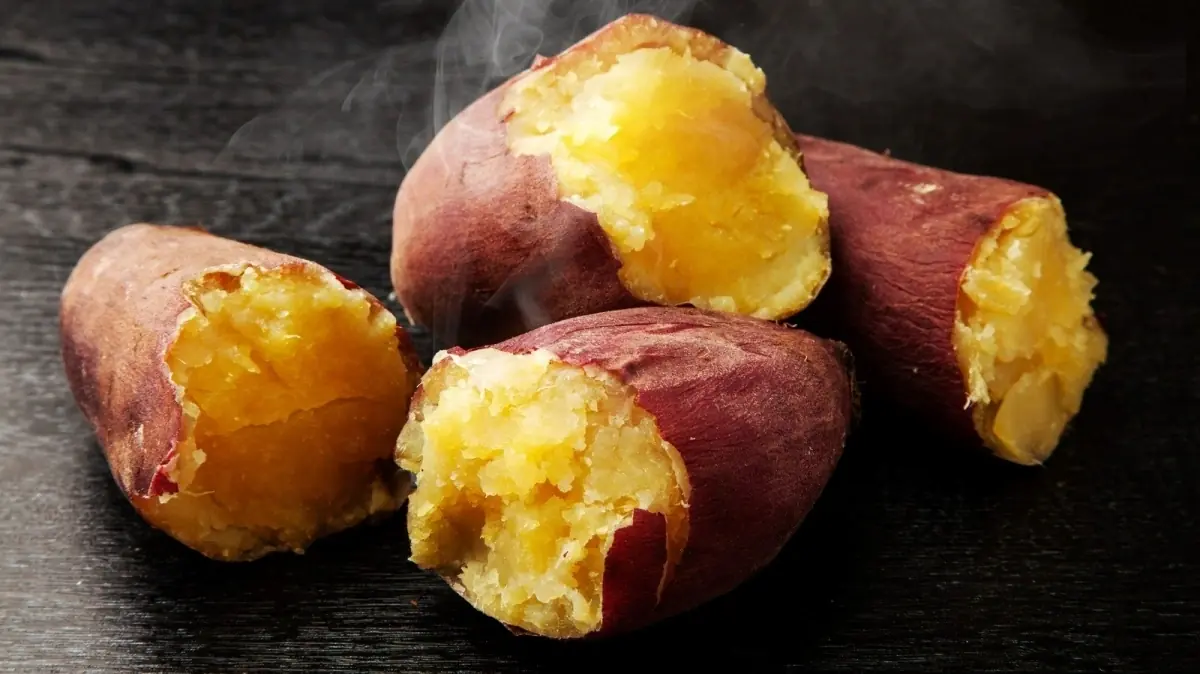
A survey of 260,000 people by Japanese researchers suggests that sweet potatoes are the best food to fight cancer. Is that really true?
Healthy 23/02/2025 18:43
